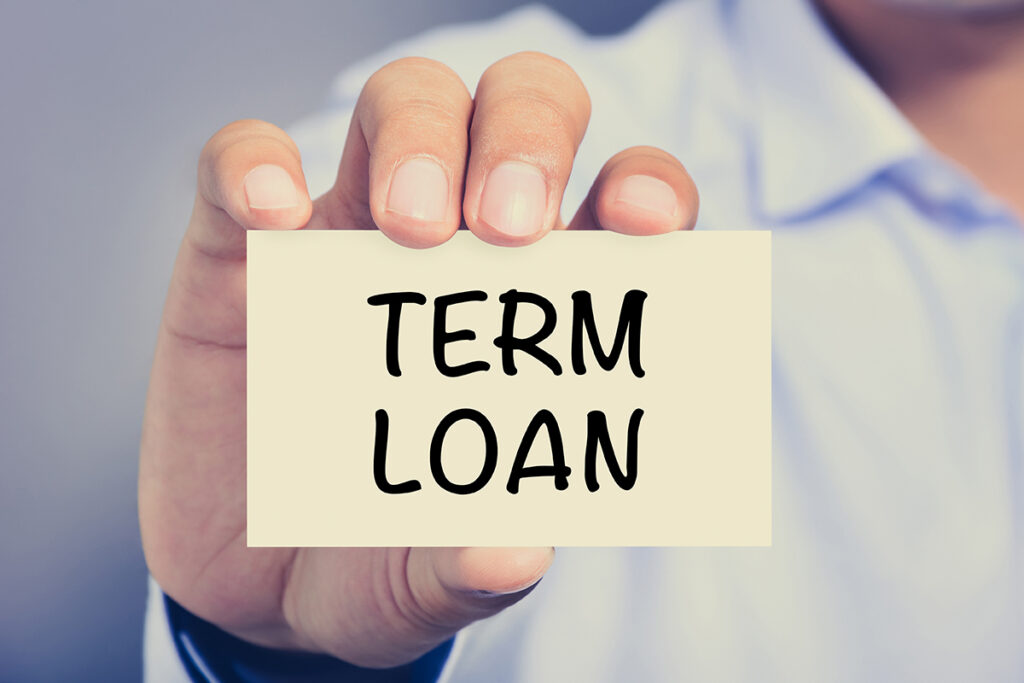Conventional Loans
What are Term Loans?
Term loans are a standard debt-financing facility with standard payments at regular intervals (usually monthly) with a maturity and amortization schedule, which ranges anywhere from as short as 6 months to as long as 30 years in length (depending on the principal amount required and approved). Term loans are best for small and medium-tier businesses and can be as small as a few thousand dollars to a big amount as much as $5,000,000 for loans with SBA-enhancements, and are well above than other traditional options. The repayment schedule associated with most term loans are planned monthly; however, some alternative lenders might require repayment schedule designed on a weekly or even daily basis.

As mentioned earlier, Term loans vary in size, structure and use depending upon the commercial lending institution. A term loan from a bank may have a distinct underwriting criterion. Term loans are collateralized usually with the borrowing company’s assets (such as buildings, land, equipment, accounts receivable, cash flow, etc.) Although each lender set up their own requirements for qualification, it’s common for a blanket lien to be placed on all the company’s assets when a term loan is approved for the borrower’s business.
A term loan provided by a convention, private investment bank or SBA-preferred lender requires an extensive amount of business and personal financial documentation for due diligence during the underwriting of the loan. Also, commercial lenders require the business to prove that it has an acceptable level of debt-service-coverage-ratio to ensure that they will be paid back.
